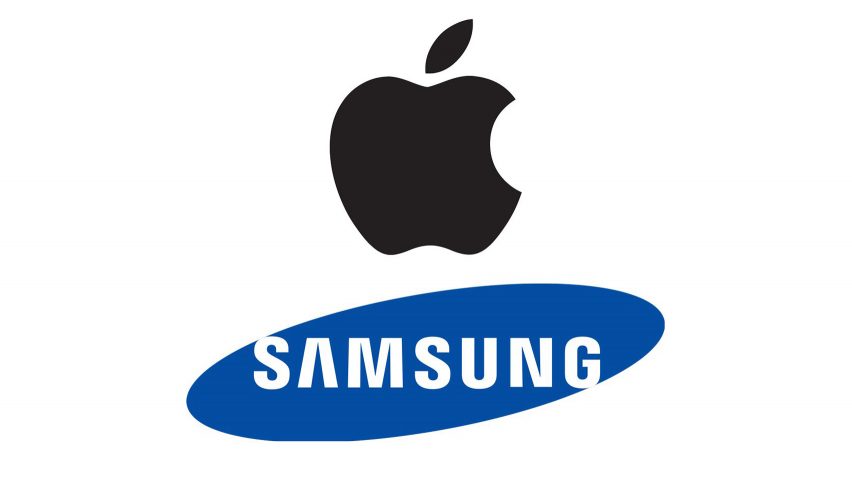
Samsung wins Supreme Court battle with Apple
The US Supreme Court has ruled in favour of Samsung in its ongoing patent case against fellow tech giant Apple.
A unanimous decision was made today following a two-month-long deliberation period, which came after Samsung filed an appeal against a decision to award Apple $1 billion (£789 million) in damages for violating patents.
The case began in 2011 when Apple sued Samsung over the alleged copying of a number of its patented hardware and software designs, including the use of a grid of icons and the rounded corners on the front of the iPhone.
Apple was ruled in favour of, and Samsung was forced to pay the company its complete profits from 19 products that were found to infringe on Apple patents – a figure amounting to $548 million (£432 million).
But Samsung fired back against the massive damages award in a case that went all the way highest federal court in the US – the first time a design patent case has reached this level of America's justice system.
During the legal battle, Apple argued that the original ruling should stand as Samsung had not provided enough evidence to support its case.
Apple gained the support of the design community, and 111 international industry members submitted an amicus brief – a legal document that can be filed by non-litigants with a strong interest in the subject matter – to the US Supreme Court in August 2016.
Signatories, including fashion houses Louis Vuitton and Dries Van Noten, tech firms Microsoft and Dyson, carmaker Bentley Motors, furniture company Knoll and jeweller Georg Jensen, were all concerned that a decision in favour of Samsung would pave the away for a swathe of copycat products.
But other tech companies like Google and Facebook took Samsung's side, agreeing that it restricts competition.
In today's unanimous ruling, the court agreed that Samsung's damages shouldn't amount to the total profit of the 19 products, given the dispute only applied to specific patents – not the entire product.
"The United States Court of Appeals for the Federal Circuit identified the entire smartphone as the only permissible 'article of manufacture' for the purpose of calculating section 289 damages because consumers could not separately purchase components of the smartphones," said the judgement, referring to section 289 of the Patent Act. "The question before us is whether that reading is consistent with section 289. We hold that it is not."
Now, the case will go back to the Federal Circuit for the specifics to be defined and the damages to be reassessed.
The ruling will come as a relief to the South Korean tech giant, which has experienced a somewhat turbulent year. In October, it ceased production of its Galaxy Note 7 after reports of the smartphones exploding and catching fire.
At the time it was released, the Galaxy Note 7 was intended to be Samsung's top-end product and a rival to Apple's iPhone.
But instead, the controversy caused the company's shares to drop by 7.5 per cent in one day – which the Guardian reported as the company's biggest daily percentage decline since 2008.